NIH
-
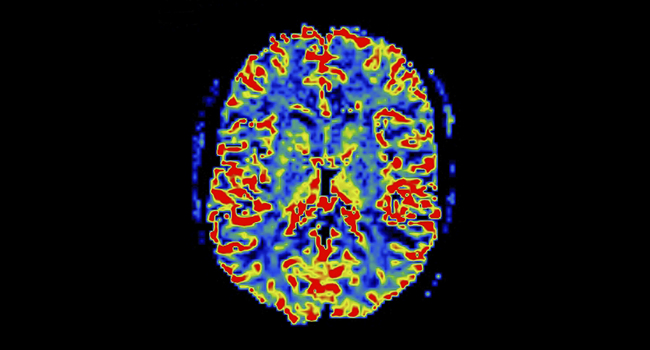
BOLD view of white matter
Vanderbilt investigators have discovered that functional MRI detects neural activity in both gray and white matter in the brain, suggesting new ways to investigate diseases such as Alzheimer’s and multiple sclerosis. Read MoreJan 12, 2018
-

Lighting up iron levels
A new probe enables iron imaging in living animals, providing a unique tool for studying iron’s contributions to health and disease. Read MoreJan 11, 2018
-

Vanderbilt signs licensing, research agreements to develop new approach to schizophrenia treatment
Under the terms of the licensing agreement, Lundbeck has exclusively licensed rights to compounds developed at Vanderbilt that act on a receptor in the brain that has been implicated in schizophrenia. Read MoreJan 8, 2018
-

Asthma study may point to potential new therapeutic approach
New findings from Vanderbilt suggest that blocking the migration of cells involved in asthma may represent a new approach for treating the respiratory condition. Read MoreJan 4, 2018
-

Obesity interventions: ideal dose?
The optimal “dose” for behavioral interventions to treat childhood obesity are not clear, Vanderbilt researchers concluded after analyzing 133 clinical trial that occurred over the course of 17 years. Read MoreDec 21, 2017
-

Sorting patient messages automatically
Automated techniques can assist in understanding and managing growing volumes of messages sent through secure patient portals, Vanderbilt researchers found. Read MoreDec 20, 2017
-

Forming memories through CaMKII
Vanderbilt researchers have identified an interaction between two proteins that play a role in learning and memory. Read MoreDec 19, 2017
-

Searching out pancreatic cancer risk
Vanderbilt researchers have identified a biomarker that could be used to predict pancreatic cancer risk. Read MoreDec 7, 2017
-

DNA damage repair: molecular insights
Structural details about a protein involved in the repair of damaged DNA provide insight into xeroderma pigmentosum disorders, which are characterized by increased risk for skin cancer. Read MoreDec 5, 2017
-

Vitamin C deficiency and mitochondrial dysfunction in Alzheimer’s disease
Recent findings suggest that vitamin C deficiency could contribute to Alzheimer’s disease, suggesting that avoiding deficiency through diet and supplementation could protect against disease onset. Read MoreDec 1, 2017
-

Lineage tracing in the gut
Vanderbilt investigators have developed an algorithm to classify cell types from experimental data, making it possible to understand how organs develop. Read MoreNov 30, 2017
-
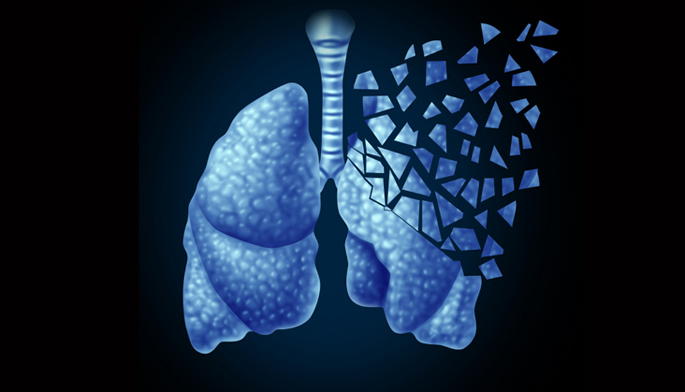
Radiation and pulmonary fibrosis
To develop strategies for preventing radiation-induced lung fibrosis (scarring), Vanderbilt investigators are exploring the cell types and factors that contribute to the fibrotic response. Read MoreNov 15, 2017
-
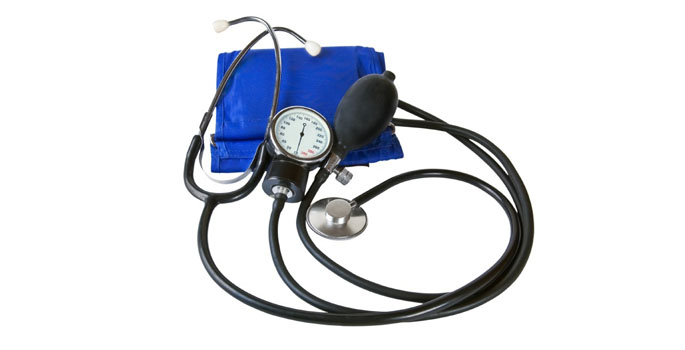
Salt, inflammation and hypertension
Vanderbilt researchers have identified a pathway that links excess sodium, inflammation and hypertension. Read MoreNov 13, 2017
-

A lipid’s role in cell division
Lipids in the plasma membrane regulate the position of the contractile ring that is required for cell division, Vanderbilt researchers have discovered. Read MoreNov 10, 2017
-

HIV outreach and return to care
When chronic disease patients let their care lapse and fail to show for clinic appointments, it may behoove clinics to reach out and encourage a return to care. Read MoreNov 9, 2017
-
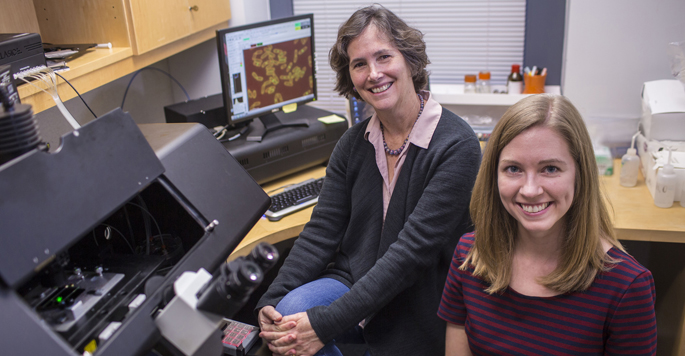
Advanced imaging tools reveal architecture of cell division machinery
Using super-resolution microscopy tools in the Nikon Center of Excellence, Vanderbilt investigators have determined the molecular architecture of the contractile ring machinery that functions during cell division — a process that is essential for life. Read MoreNov 9, 2017
-

Impulsivity in Parkinson’s Disease
A noninvasive MRI technique may help predict a troubling side effect of common medications for Parkinson’s Disease and improve clinical treatment plans. Read MoreOct 27, 2017
-

Calcium intake and colorectal cancer
Calcium intake appears to protect against colorectal cancer in individuals with certain gene variants, Vanderbilt researchers have discovered. Read MoreOct 18, 2017
-
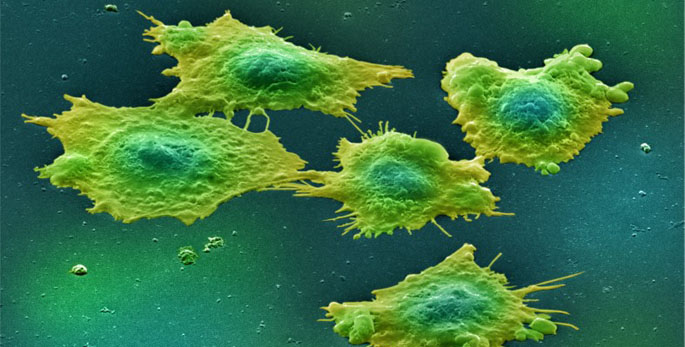
Researchers find novel mechanism of resistance to anti-cancer drugs
Vanderbilt investigators have discovered a novel non-genetic cause of resistance to the targeted anti-cancer therapy cetuximab. Their findings, reported this week in Nature Medicine, suggest a strategy for overcoming this resistance. Read MoreOct 17, 2017
-
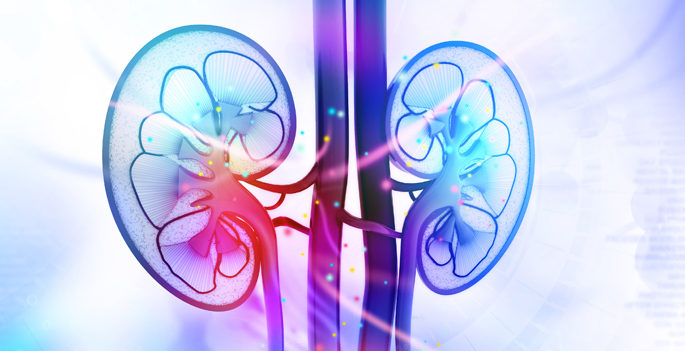
New tools to combat kidney fibrosis
Vanderbilt investigators have developed a new mouse model of kidney fibrosis, which provides a platform for identifying new targets and treatment strategies. Read MoreOct 13, 2017